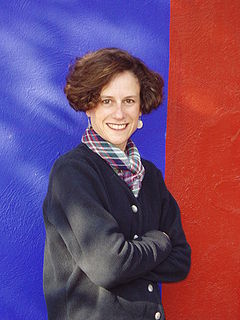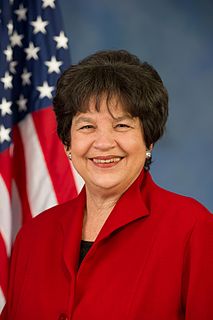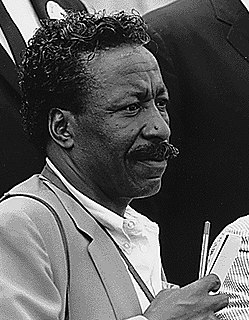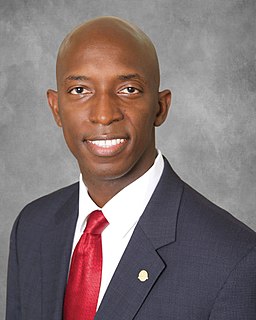A Quote by Malala Yousafzai
There should be no discrimination against languages people speak, skin color, or religion.
Related Quotes
Long before there was discrimination against blacks, there was discrimination against white southerners. When large numbers of these country people moved north during World War II, they were aggressively excluded from neighborhoods, jobs, and homes - not because of their skin color, but their accents.
If I only care about equality for transgender people, then I am leaving so many people behind - if I'm not at the same time seeking to end discrimination against people of color, seeking to end discrimination against women, seeking to ensure that people of every religious background have an equal opportunity.
My mom always said to us, "You cannot judge anybody because of the color of skin." There were a lot of African immigrants in Italy at the time, and people would not even say hi in the street. And my mom, she would invite these people to the house. This is what I got from my mom: to not judge people because of their sexuality, their skin color, their religion, nothing.
I speak English, obviously, Afrikaans, which is a derivative of Dutch that we have in South Africa. And then I speak African languages. So I speak Zulu. I speak Xhosa. I speak Tswana. And I speak Tsonga. And like - so those are my languages of the core. And then I don't claim German, but I can have a conversation in it. So I'm trying to make that officially my seventh language. And then, hopefully, I can learn Spanish.
I have fought too hard and for too long against discrimination based on race and color not to stand up against discrimination based on sexual orientation. I've heard the reasons for opposing civil marriage for same-sex couples. Cut through the distractions, and they stink of the same fear, hatred and intolerance I have known in racism and in bigotry.
I am a Muslim and . . . my religion makes me be against all forms of racism. It keeps me from judging any man by the color of his skin. It teaches me to judge him by his deeds and his conscious behavior. And it teaches me to be for the rights of all human beings, but especially the Afro-American human being, because my religion is a natural religion, and the first law of nature is self-preservation.


































